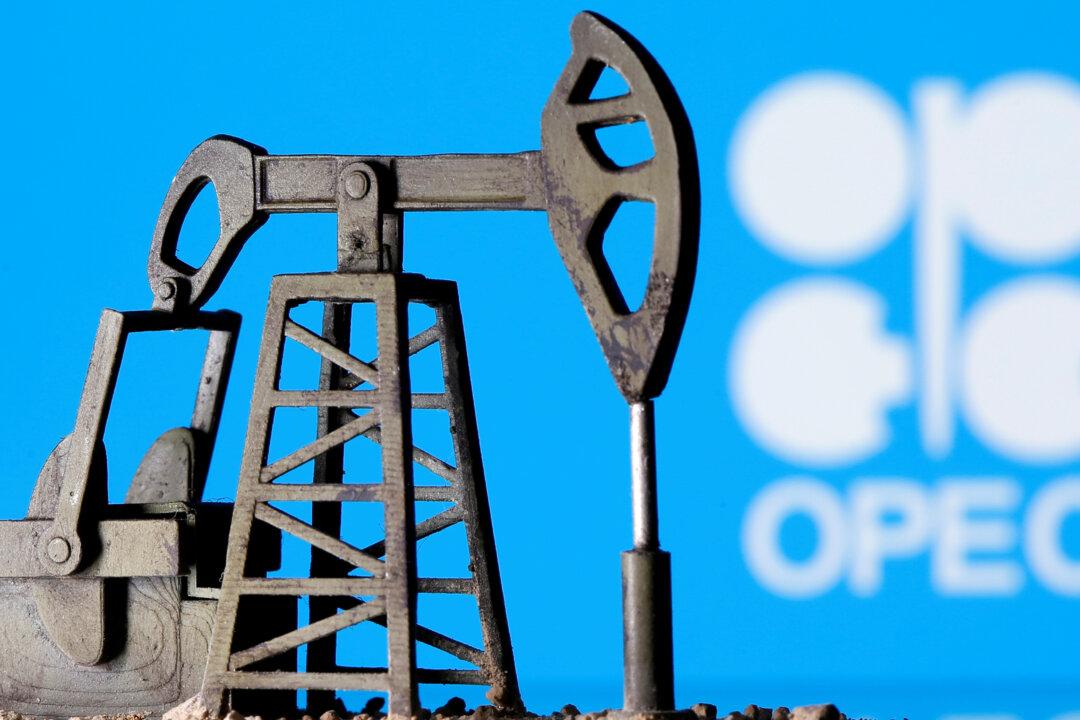Oil prices climbed on Tuesday, extending gains triggered during the previous session after the OPEC+ oil producing consortium decided not to ramp up crude production above a trickle despite international calls for a sharper boost.
Brent crude was up by 23 cents or 0.3 percent at $81.60 a barrel by 5:29 a.m. New York time, after rising 2.5 percent on Monday. U.S. West Texas Intermediate (WTI) oil rose 18 cents or 0.21 percent to $77.77, after gaining 2.3 percent the previous session.





